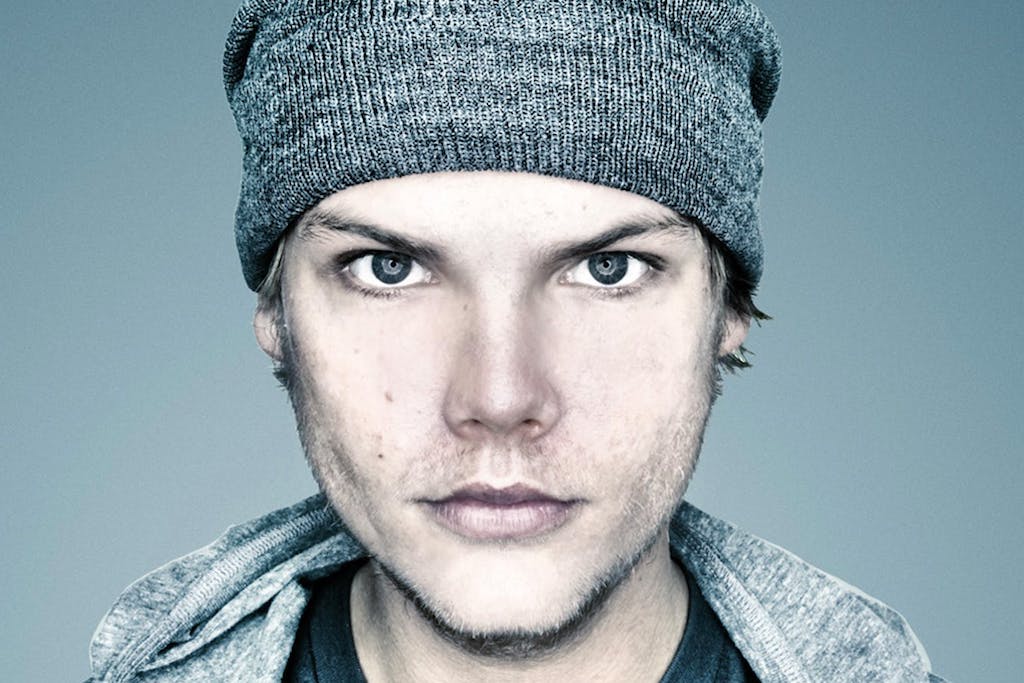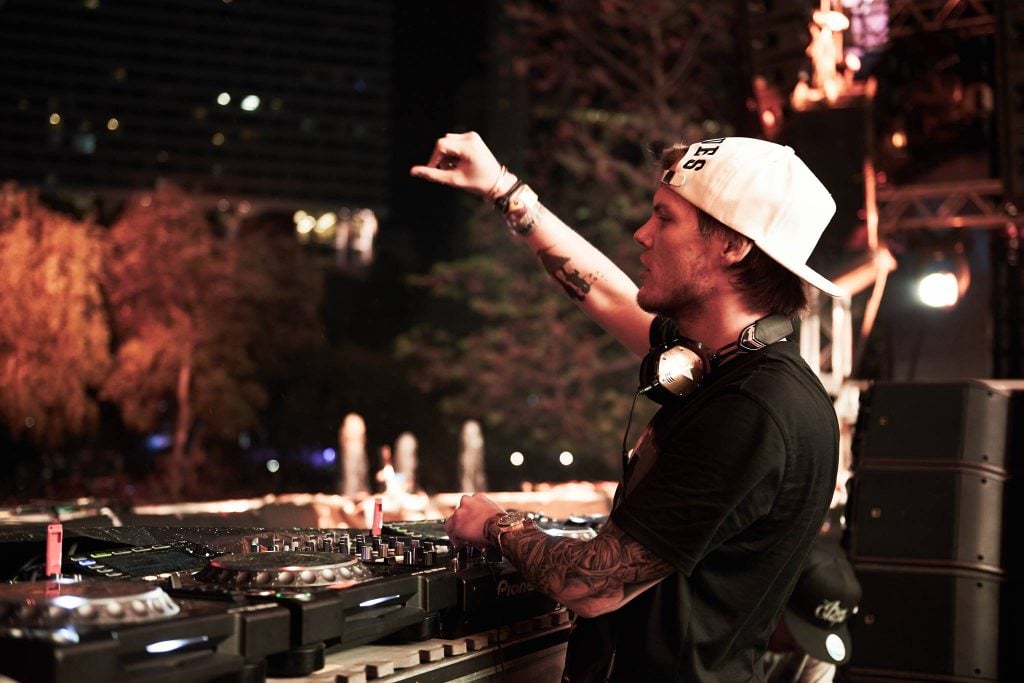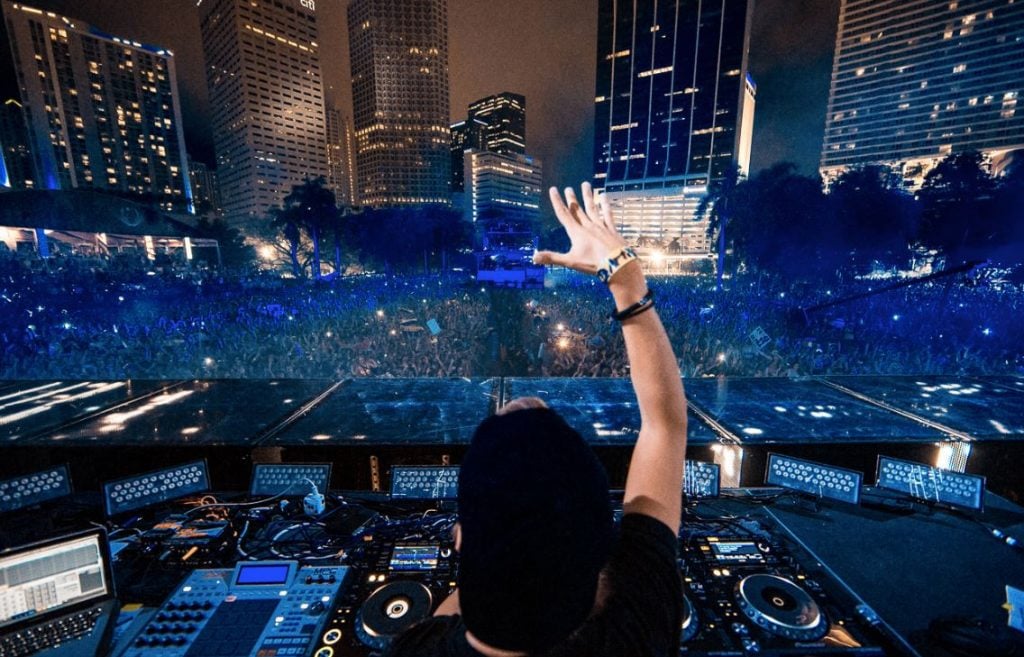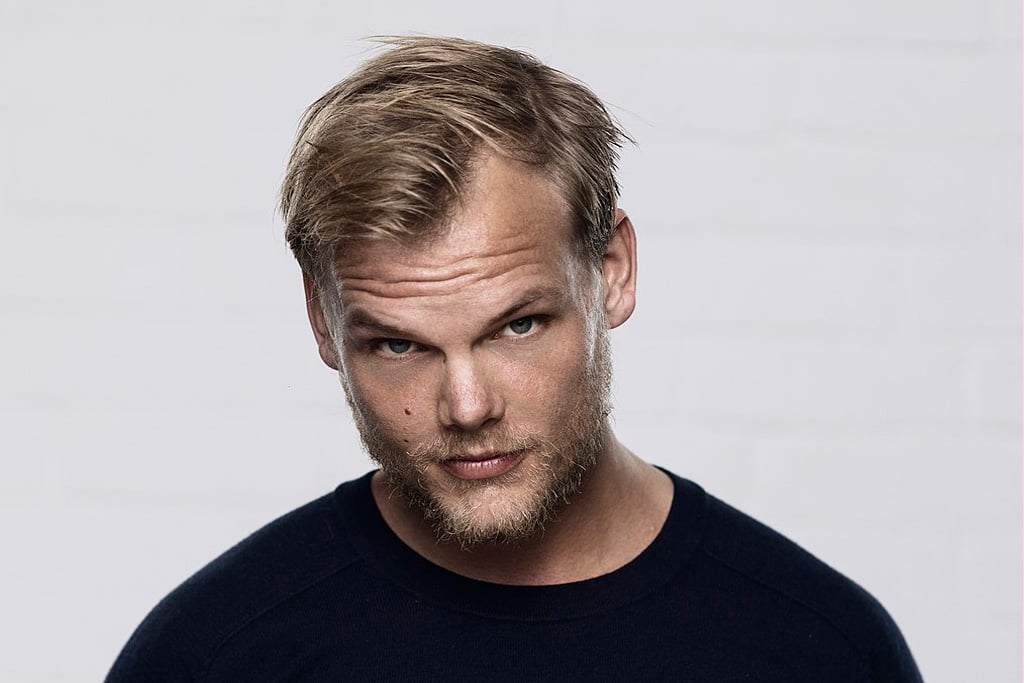Avicii’s Death Is A Tragic Reminder Of The Dangers Of The Music Industry
Of all the troubling moments that are captured in the documentary 'Avicii: True Stories', there are three in particular that will keep you up at night.

Of all the troubling moments that are captured in the 2017 documentary Avicii: True Stories (which, as of December 28, is available on Netflix), there are three in particular that will keep you up at night.
The first comes just after Avicii — real name Tim Bergling — decides to officially quit touring in March 2016, after years of struggling with physical and mental health problems. In the scene, the DJ’s longtime manager Arash ‘Ash’ Pournouri speaks about Avicii’s decision to retire, and his request to cancel some of his remaining shows.
“He doesn’t understand the value of money,” Pournouri says, visibly unimpressed. “Or that his decisions can have very negative consequences for other people.”
“The only reason people even care is because he is successful right now,” he adds. “If he stopped being successful, a lot of people would jump ship. I’m sure of it.”
Another one of these moments comes just minutes after this. Bergling is in his hotel room in Las Vegas, pleading with his team to cancel the 10 upcoming shows he has in the city. In response, one of his team answers: “It’s probably harder to cancel these shows than to just do them.”
When Bergling — noticeably upset — protests, the team member responds: “As long as you know it could cost you quite a lot. Just be clear on how much money you’re going to miss out on.”
And then there’s this. Bergling is in Japan, arguing fiercely with his booking agent on the phone, who instead of cancelling all three upcoming shows at a venue — like Bergling requested — had actually only cancelled two of them.
“He’s still trying to squeeze it in,” Bergling says just after hanging up. “I don’t have the energy to argue, but that’s what he’s doing.”
Throughout each of these scenes — in fact, for most of the eight years that True Stories documents — Bergling appears exhausted and exasperated, totally fed up with a team that was pushing him to keep going even when he’d had enough.
“I’ve told them over and over I won’t be able to play anymore,” he tells his friend after the Las Vegas spat. “I told them it will kill me. “
Avicii Was Constantly Pushed To Breaking Point
Between his emergence in 2008 and his retirement in 2016, Bergling played a staggering 813 shows — most of these taking place from 2011 to 2015. During one year — 2013 — he chalked up nearly 320 shows. It was an utterly relentless schedule that saw the DJ on the road for most of the year, with only a few weeks off at a time.
A self-confessed introvert, Bergling openly struggled with nerves and anxiety, and he admits in True Stories that he began depending on alcohol to help him deal with the stress of performing. And when this was coupled with the party-focused dance scene, it wasn’t long until the dependence began to have a serious impact on his health.
He landed himself in hospital in 2012 because of his excessive drinking, a problem that saw him develop acute pancreatitis by the start of 2013. In March 2013 Bergling was set to headline Australia’s Future Music Festival, but was forced to pull out of a number of dates after he was hospitalised for stomach pains related to the pancreatitis. Doctors in Brisbane told him he would need to have surgery to have his gallbladder removed.
But just a day after the hospital visit, Bergling was back on the road, being encouraged by his team to take on some phone interviews that day. Footage of the hospital visit and the days after are included in True Stories, and it makes for grim viewing:
Bergling remained on tour after Australia, propped up by various pain medications that he was taking for the pancreatitis. He was not allowed to eat or drink until the inflammation in his pancreas subsided, meaning for days at a time he was essentially subsisting on a cocktail of drugs.
In 2014, days before he was due to headline Ultra Music Festival in Miami, his gallbladder and appendix ruptured, landing him in hospital once again. He was encouraged by doctors to begin taking Percocet, an opioid pain reliever that’s highly addictive.
“It felt like I was constantly in a haze,” Bergling said in True Stories. “[I didn’t] know how long it was going to be like that for…and the doctors didn’t know either.”
“I was on all these kind of medications. And they were saying ‘oh this is fine, this is not addictive.’ I was taking all these pills that weren’t meant to be addictive…and they made me feel more anxious. This kept going, and I started touring again.”

Avicii on stage in 2015. Photo via Avicii Facebook.
Bergling’s mental health was unravelling just as quickly as his physical health.
“There was never an end to the shows,” he said. “I didn’t believe I could actually slow down. I didn’t believe I could tour any differently than this. I didn’t have time to give myself to properly stop, what I should have done was stop. Recover from the pain medicine and the illnesses, all the years of touring and the stress. But I kept going.”
By the middle of 2015, Bergling had completely fallen apart. “He’s just a shell of what he used to be,” one of his close friends saidx of that time. “The guy that I used to know isn’t really there anymore.”
Finally, in March 2016, Bergling announced he was retiring from touring. But not before he had to go out on the road one last time.
His Management Team Failed To Step In
When Pournouri approached a young Bergling in 2008 and asked him to sign to his management agency, he told him straight away that he was going to make him a superstar.
“He said, ‘Name one Swedish DJ who you think is big right now,'” Bergling says of the meeting in True Stories. “I remember naming someone, and he said ‘Well I’m gonna make you bigger than him in one year’.”
Pournouri was true to his word. Under his guidance Avicii became arguably the biggest act in dance music — the pioneer of EDM as we know it. Due to Bergling’s age (he was only 17 when he met the 26-year-old Pournouri) it was inevitable that his manager would become a major driving force in his life.
“When you launch an artist that is young and kind of inexperienced, it’s hard for them to know their limits,” Pournouri said of Bergling at Sydney’s Electronic Music Conference in 2012. “Especially as young as Tim was — he came straight out of school; doing the music stuff almost full time. For him, he didn’t know his limits — I was more concerned for his health than he was himself.
“I was always on him about, ‘Do you really want this tough schedule, I thought you might want this free period over here?’ and he was like, ‘No I can handle it, I can handle it’. So that is an important part of a manager’s job. It’s hard for an artist when they’re young to know their limits.”

Avicii on stage at Ultra Music Festival 2013, a month after he was hospitalised in Brisbane. Photo via Avicii Facebook.
Regardless of whether he was concerned at the start of his career, Pournouri and his agency, At Night Management, appeared blind to Bergling’s issues when they escalated. When Bergling was begging to cancel shows during 2016, Pournouri told him that he “must honour his commitments.”
Pournouri was also called out by other artists for his tight financial control over Bergling’s career — most notably the fact that he reportedly took 50 percent of all Bergling’s writing and production credits, and a further 20 percent of his performance fees.
This equated to some serious money: at his peak Bergling was pulling in around $20 milllion a year, which in turn would make Pournouri and his management agency a fortune. It’s not hard to see why Bergling’s management were determined to keep the gravy train rolling, even when it was obviously against the best interests of the artist himself.
At the end of 2016, Bergling finally split with Pournouri and At Night Management.
We’ve Seen This Tragedy Unfold Before
Nearly seven years before Bergling was found dead in Oman, singer Amy Winehouse died of alcohol poisoning alone in her house in London. Despite being from opposite ends of the musical spectrums, the two artists’ career arcs are depressingly similar.
Winehouse was pushed into touring even when it was obvious she was suffering from heavy substance abuse issues — in a scene in Asif Kapadia’s 2015 documentary Amy, she is urged by her father to tour the US despite her friends pleading with her to stay in rehab following a near overdose.
Just a month before she died, Winehouse was pressured into going on a European “comeback” tour. On the opening night in Belgrade, Winehouse was too drunk to perform, and spent most of the performance leaning on her mic stand and crying openly. The tour was promptly called off, and a month later Winehouse was dead. She was 27.
Music is an artistic pursuit, but the music industry is a business. And, as the lives and deaths of Avicii and Amy Winehouse demonstrate, it can be a brutal one.
At the time of writing, we don’t know exactly how Tim Bergling died last Friday in Oman. We won’t know for some time, if we find out at all.
All we know is that it probably could have been prevented.
Avicii: True Stories is streaming on Netflix. A posthumous single, titled ‘SOS’, has now been released.
Jules LeFevre is Junkee’s Music Editor. She is on Twitter.

